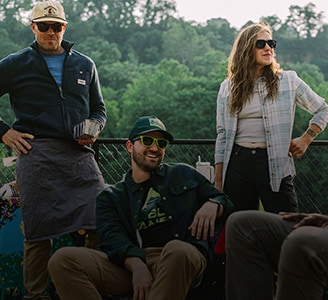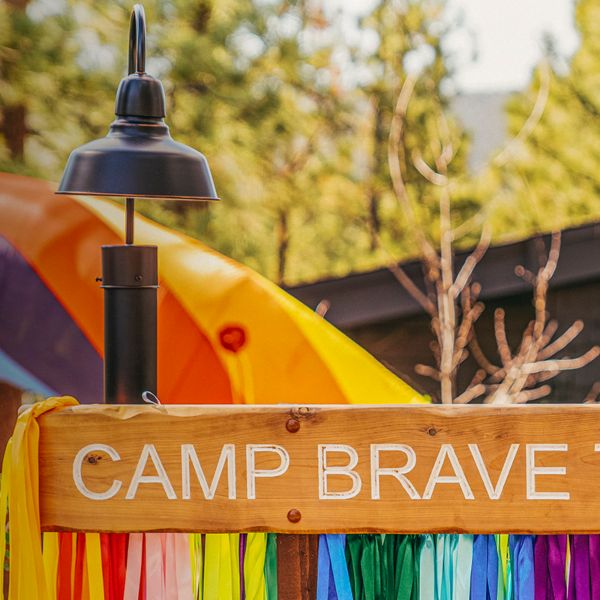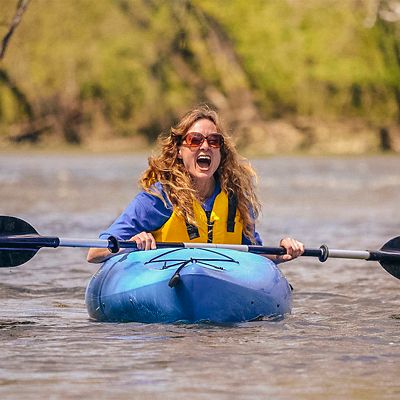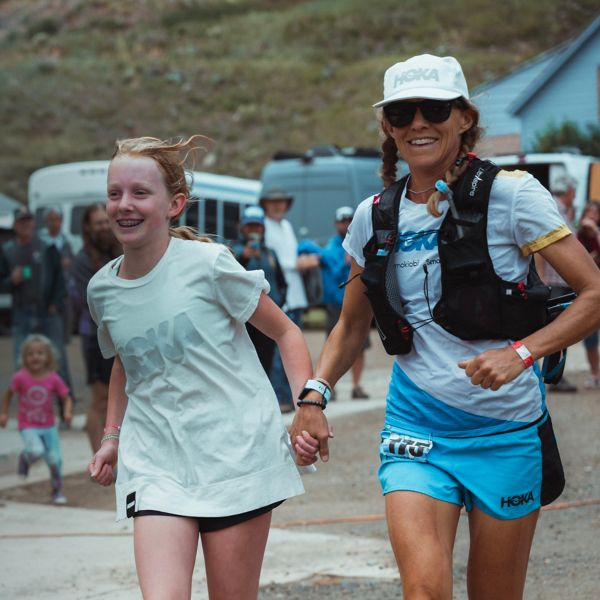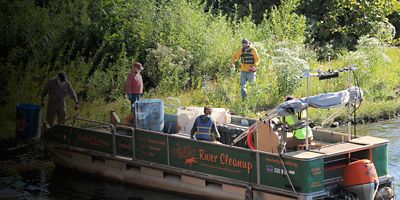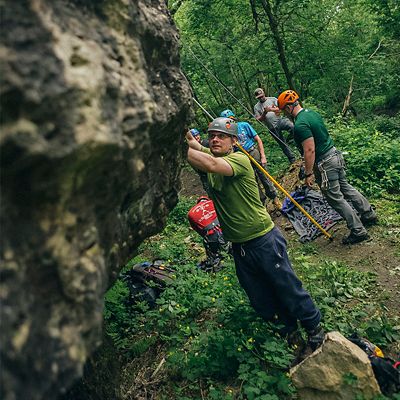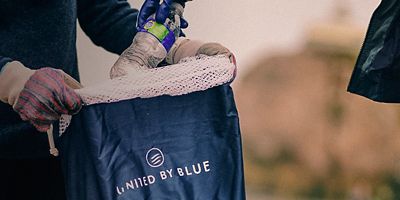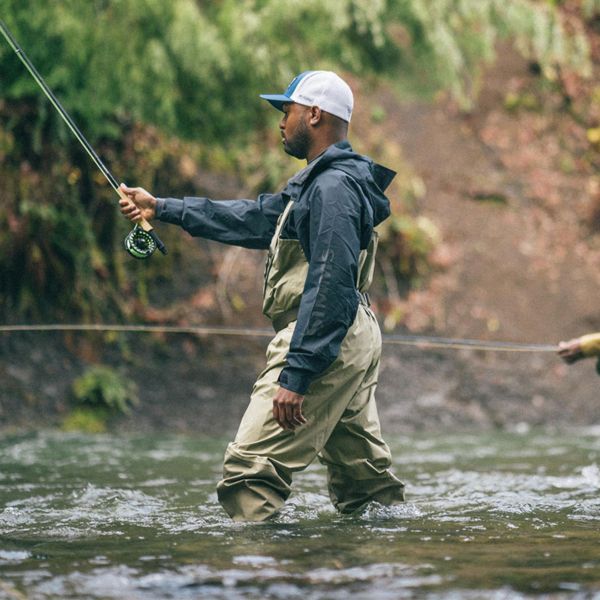Pick your sport—skiing, hiking, paddling, biking, fishing, and gardening—there’s a group out there leading the way to increase diversity and inclusion in that given outdoor recreation activity for all. Going big, growing opportunities across disciplines is how Outdoor Afro has become the nation’s leading network celebrating and inspiring Black connections and leadership in nature. The network also connects Black people with our lands, water, and wildlife through outdoor education, recreation, and conservation. And the programming from the Oakland, Calif.-based nonprofit is paying off. With leaders and advocates spanning the nation, from Columbus and Cincinnati, Ohio, to Philadelphia and Pittsburgh, Pa., it has more than 100 volunteer leaders in 60 cities—all connecting thousands of people to active experiences outside. Establishing these outdoor roots also helps the environment as the various programs’ participants often go on to take a keener interest in preserving outdoor spaces.
The organization includes more than 100 volunteer leaders who guide local network activities across the United States with more than 60,000 people annually. Hiking is its most popular activity, followed by camping and kayaking, with its largest networks in Washington, D.C., Northern California, and Chicago. In 2022 they had an increased focus on swimming, adding more programming in that niche, joining an expanding array of other activities beyond the hike-fish-paddle-climb mainstays. Trained in everything from risk management and environmental policy to storytelling interpretation, each volunteer leader creates and guides monthly trips for participants, while also fostering collaborations to strengthen connections with the outdoors.
Public Lands caught up with executive director Rue Mapp, who founded the organization in 2009, for some more information on the nonprofit and its mission to celebrate and inspire Black connections and leadership in nature.
PUBLIC LANDS: What inspired you to found Outdoor Afro?
RUE MAPP: It was really born out of not seeing enough representation out there of people who looked like me and who loved the outdoors. I wanted to create a way for Black people to experience and learn about the outdoors that felt safe. My background is in art history, so I know that representation tells stories across language, geographies, and differences. When I started a blog, I whimsically called it Outdoor Afro. But I had no idea it would become an organization with the reach and impact that it’s had. I was just telling my truth. Growing up in Oakland, California, I spent much of my free time two hours north at my family’s ranch in Lake County, hiking, exploring creeks, swimming, and more. I often brought my friends with me, and the experience solidified that nature is best enjoyed in good company. My father offered my friends a standing invitation to come to visit the ranch, and I channeled that same spirit into Outdoor Afro.
